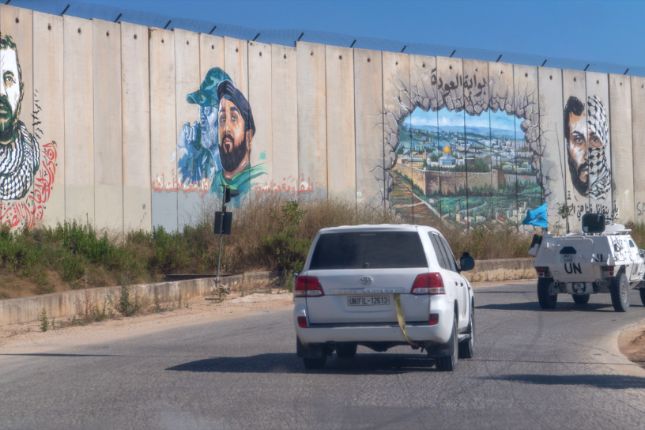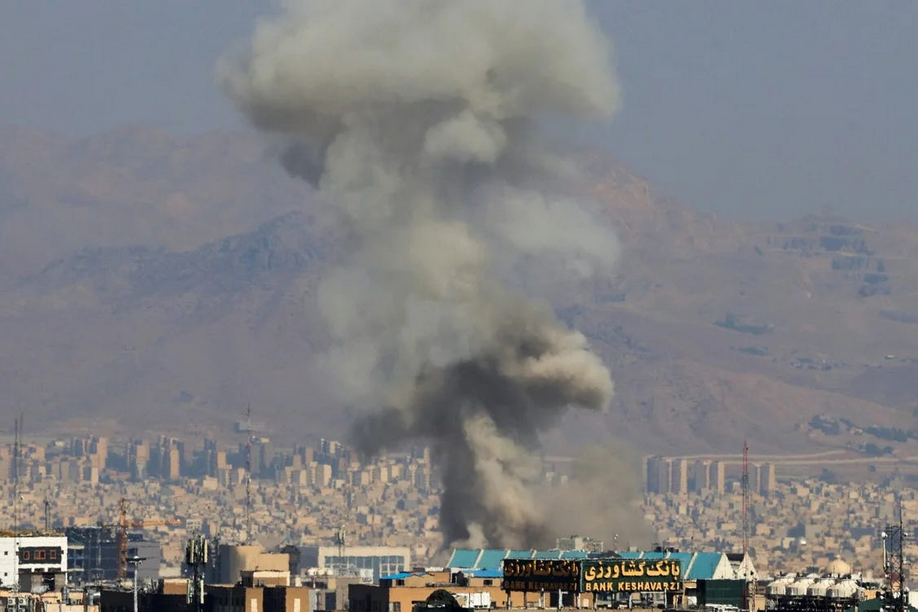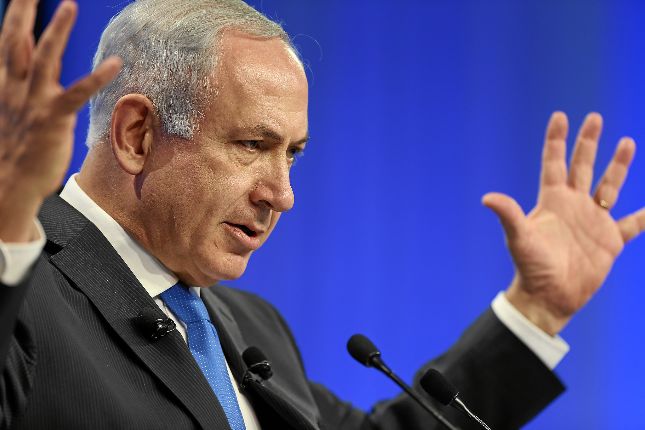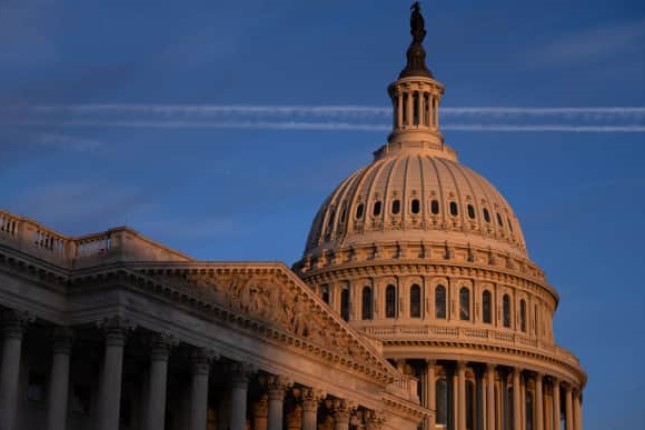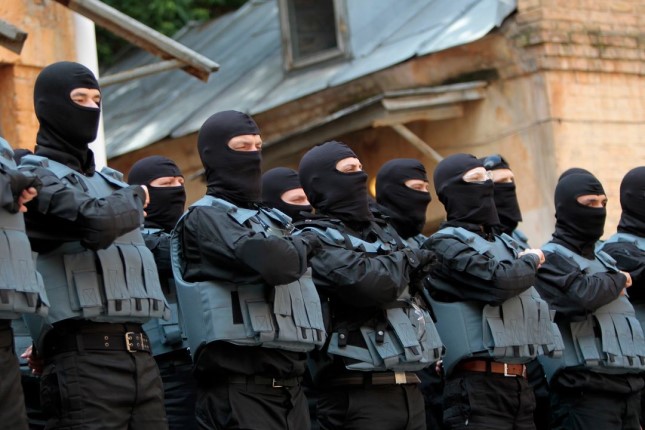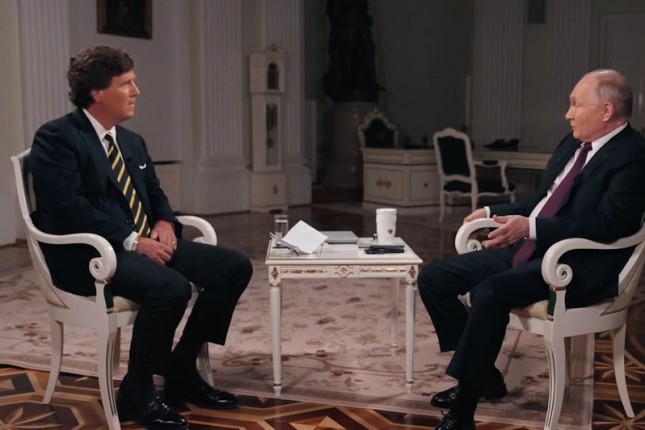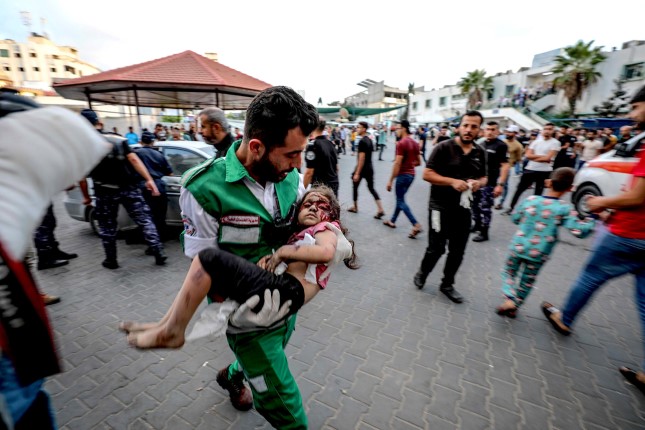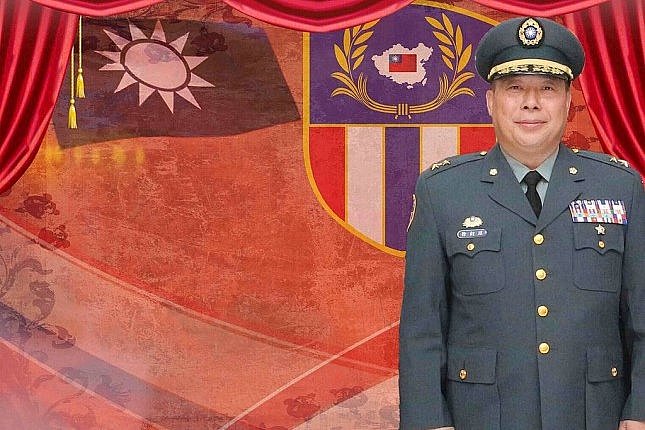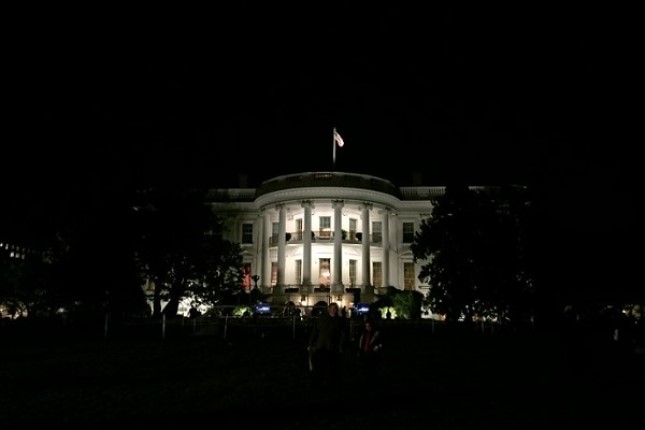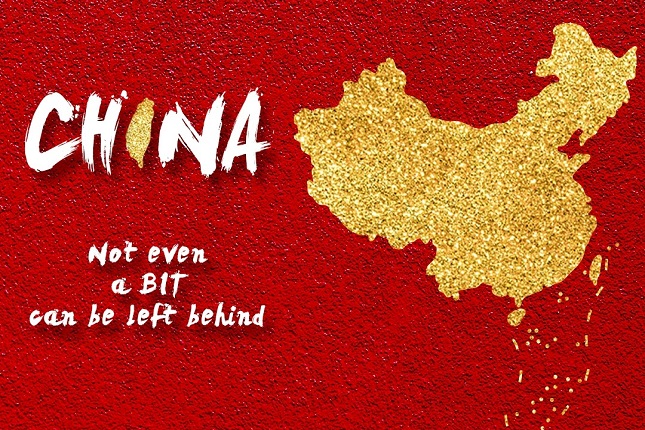United Nations peacekeepers who have been fired upon by Israel can fire back at them according to a 2006 U.N. Security Council resolution.
Paragraph 12 of Resolution 1701, which helped bring about an end of fighting in the 33-day Israel-Hezbollah conflict in 2006, says that the U.N. Interim Force in Lebanon (UNIFIL): “Acting in support of a request from the Government of Lebanon to deploy an international force to assist it to exercise its authority throughout the territory, authorizes UNIFIL to take all necessary action in areas of deployment of its forces and as it deems within its capabilities, to ensure that its area of operations is not utilized for hostile activities of any kind, to resist attempts by forceful means to prevent it from discharging its duties under the mandate of the Security Council, and to protect United Nations personnel, facilities, installations and equipment … ” [Emphasis added.]
Repeated attacks by Israel Defense Force (IDF) beginning last week and continuing until at least Sunday, accurately fit the description of “hostile activities” in UNIFIL’s “areas of deployment.”
While the unanimous resolution was not passed under Chapter 7 of the United Nations Charter allowing U.N. troops to use force to impose its mandate — including in this case to disarm combatants, including Hezbollah — all U.N. peacekeeping operations retain the right to use force in self-defense.
“UNIFIL commanders have sufficient authority to act forcefully when confronted with hostile activity of any kind,” UNIFIL said in a statement at the time of Resolution 1701’s adoption.
IDF Begins Attacks
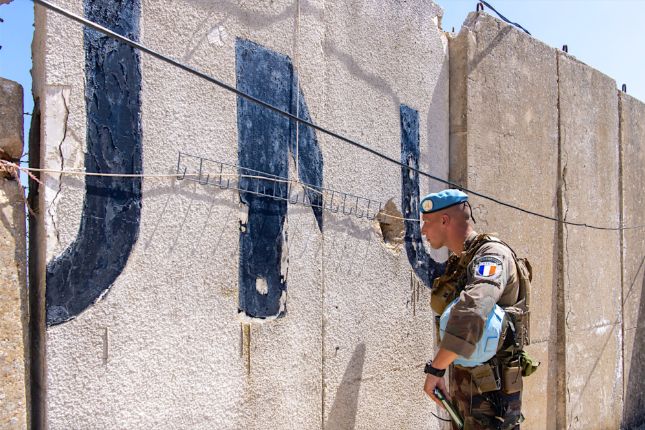
A French U.N. peacekeeper with UNIFIL. Photo: Pasqual Gorrizz/UN Photo.
After IDF troops threatened Irish U.N. peacekeepers last week Irish President Michael D. Higgins stood up to Israel and the Israelis backed down. However there were more incidents later in the week, with the Israelis injuring U.N. soldiers from Indonesia and Sri Lanka.
Neither UNIFIL nor U.N. Headquarters in New York have publicly reiterated that the peacekeepers can shoot back at the Israelis if they are attacked.
At the daily noon briefing in New York on Friday, a U.N. spokesman was only asked if the U.N. was considering withdrawing peacekeepers given the danger Israel is putting them in.
On Sunday, the secretary-general’s spokesman put out this statement: “Against the backdrop of the ongoing hostilities in southern Lebanon and despite attacks that have hit United Nations positions, injuring a number of peacekeepers in the past several days, UNIFIL peacekeepers remain in all positions and the UN flag continues to fly. The Secretary-General pays tribute to the dedicated personnel of UNIFIL. The Secretary-General reiterates that the safety and security of UN personnel and property must be guaranteed and that the inviolability of UN premises must be respected at all times without qualification. In a deeply worrying incident that occurred today, the entrance door of a UN position was deliberately breached by IDF armored vehicles. UNIFIL continuously assesses and reviews all factors to determine its posture and presence. The mission is taking all possible measures to ensure the protection of its peacekeepers. UNIFIL’s role and its presence in southern Lebanon is mandated by the UN Security Council. In this context, UNIFIL is committed to preserving its capacity to support a diplomatic solution based on resolution 1701, which is the only possible way forward. The Secretary-General reiterates that UNIFIL personnel and its premises must never be targeted. Attacks against peacekeepers are in breach of international law, including international humanitarian law. They may constitute a war crime. He calls on all parties, including the IDF, to refrain from any and all actions that put our peacekeepers at risk. The Secretary-General takes the opportunity to reiterate the call for a cessation of hostilities and the full implementation of UN Security Council Resolution 1701. Stéphane Dujarric, Spokesman for the Secretary-General.”
The statement says “UNIFIL is committed to preserving its capacity to support a diplomatic solution based on resolution 1701, which is the only possible way forward.”
So far the U.N. is standing its ground and refusing Israeli demands to redeploy, despite Israeli Prime Minister Benjamin Netanyahu on Sunday essentially ordering the peacekeepers to evacuate the region “immediately.” Netanyahu told UNIFIL in a video to get its soldiers “out of harm’s way,” calling them “hostages of Hezbollah.”
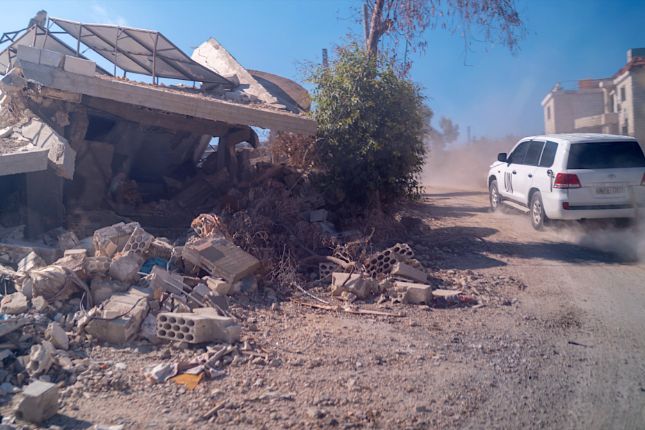
UNIFIL convoy passes damaged buildings in South Lebanon. Photo: Pasqual Gorrizz/UN Photo.
While saying the Israeli attacks might constitute war crimes, so far the U.N. has not issued a warning to Israel that the U.N. is within its rights to shoot back.
What would happen if U.N. troops fired back at Israel? One possibility, depending on the circumstances, is that the IDF would back off. But another is that they would engage the peacekeepers in a firefight.
Would anyone be surprised if Israel brought heavier arms to bear and killed U.N. soldiers given what it has gotten away with so far in the past year, namely a “plausible” case of genocide in Gaza, according to the International Court of Justice, as well as expanding attacks on the West Bank and invading and bombing Lebanon?
International Alarm
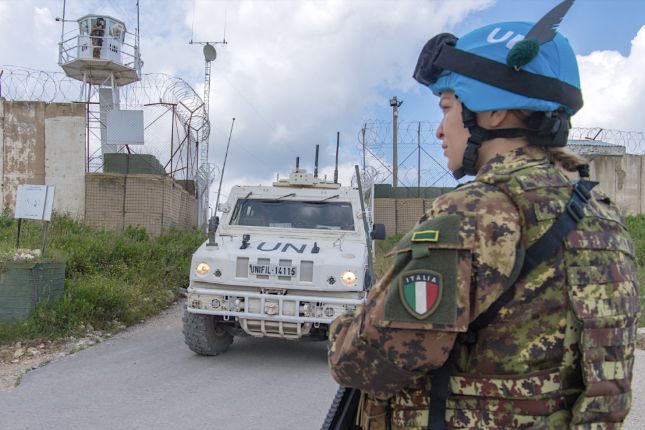
A UNIFIL peacekeeper from Italy in April 2024. Photo: Pasqual Gorriz/UN Photo.
So far, Israel’s actions against UNIFIL have brought some measure of international condemnation. Sri Lanka “strongly condemned” the attack by Israel that wounded two of its peacekeeper on Friday. This followed an Israeli attack on a U.N. observation tower on Thursday, injuring two Indonesian peacekeepers.
“An observer tower with a round from a tank directly into it, which is a very small target, has to be very deliberate,” Lt. Gen. Seán Clancy, chief of staff of the Irish Defence Forces, told Irish broadcaster RTÉ.
“So from a military perspective, this is not an accidental act. It’s a direct act,” he said. “Whether its indiscipline or directed, either way it is not conscionable or allowable.”
The BBC reported that, “The leaders of France, Italy, and Spain have also condemned Israel’s actions, saying in a joint statement that they were unjustifiable and should immediately end.”
China expressed “grave concern and strong condemnation,” as India did about the “deteriorating security situation along the Blue Line.”
India’s Ministry of External Affairs said: “Inviolability of UN premises must be respected by all and appropriate measures taken to ensure the safety of UN peacekeepers and the sanctity of their mandate.”
President Joe Biden said Friday he was “absolutely, positively” urging Israel to stop targeting U.N. peacekeepers, Politico reported, as he has called for a ceasefire in Gaza without cutting off aid or munitions.
Forty of the 50 nations whose soldiers make up UNIFIL also issued a joint statement condemning Israel’s attacks.
Dire Scenarios
If the U.N. publicly warned Israel it had the mandate to return fire and then did nothing when attacked, or if it withdrew, it would bring humiliation on the U.N.
If UNIFIL continues to stand its ground and returns fire, inviting a severe Israeli response leading to the deaths of U.N. peacekeepers, would Israel get away with it after an initial outcry?
There have been zero red lines drawn by Western nations in exchange for supporting Israel with arms, money and political cover.
If a plausible case of genocide won’t stop them from backing Israel, would dead U.N. peacekeepers? Is the inviolability of U.N. troops as expendable as scores of thousands of Palestinian lives?
Main photo: UNIFIL logistical convoy departed Naqoura to visit the Nepalese, Indian and Serbian positions crossing entire UNIFIL area of operations. South Lebanon, July 2, 2024 © Pasqual Gorrizz / UN Photo.
Source: Consortium News.
